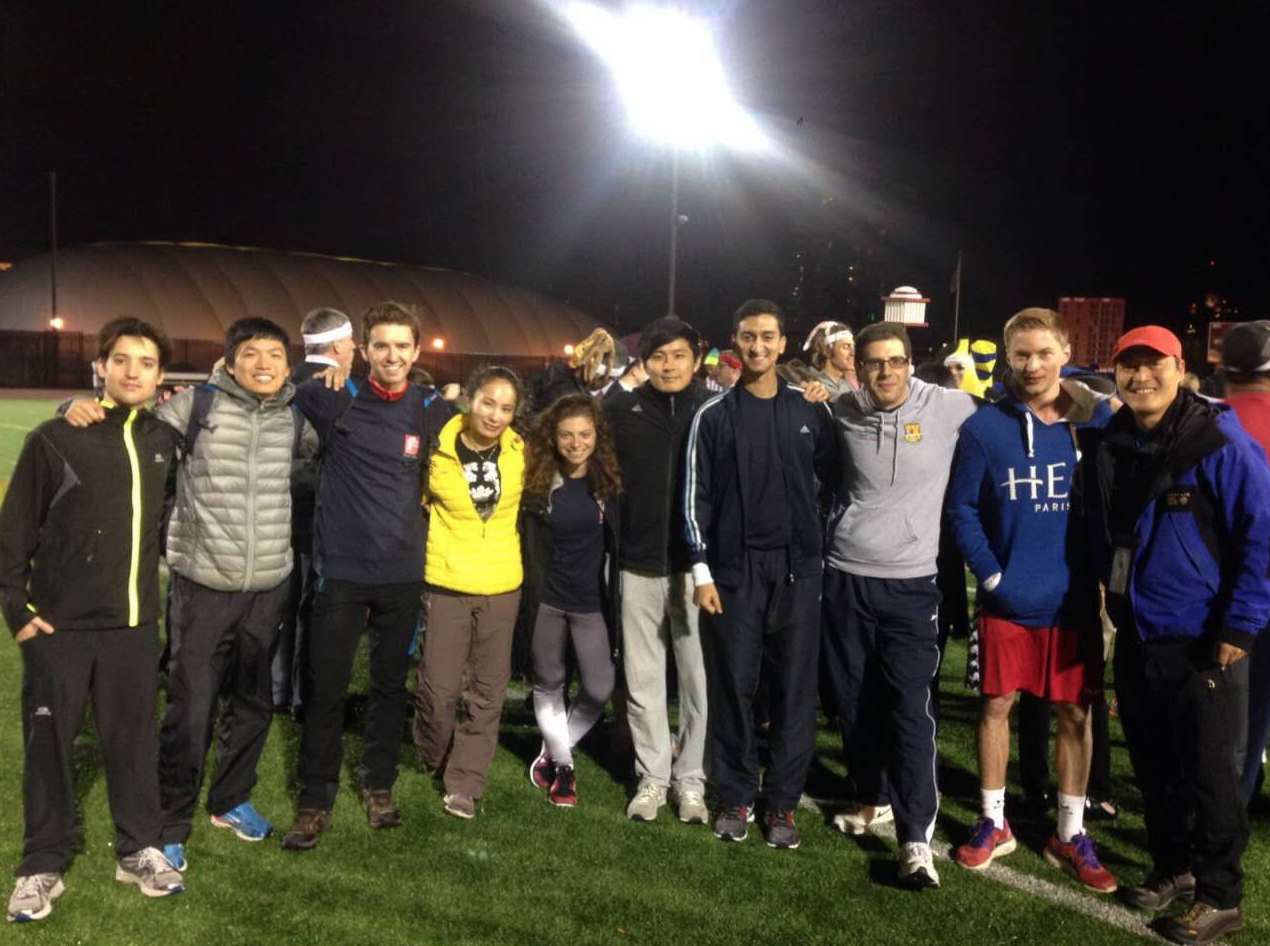Napol Kamthornkittikul, GMBA Class of 2016

Napol Kamthornkittikul, GMBA Class of 2016, pursuing MSMS dual degree at MIT Sloan
By the end of August, I finally finished my 10-week summer internship in Singapore as an investment banking summer associate. As much as I missed my first year of MBA study at Tsinghua University in Beijing, I was looking forward to my next journey, to spend my second year at MIT Sloan School of Management for a Master of Science in Management Studies (MSMS) as part of a dual-degree program in collaboration between the two schools, allowing students to spend two years at the two best universities (well, according to the recent 2015 QS World University Rankings, Tsinghua is the number one university in China and MIT is the number one university in the world) and receive two master degrees. I was curious how the life at MIT would treat me, especially given the fact that I was having a really good time back in Beijing learning an entirely new language, meeting so many interesting people and friends, and experiencing the real China from both academic and non-academic perspectives.
As always, time flies so fast. Now I am at the end of September, and I am a month into my life at MIT. While it might be a bit too early to draw conclusions about my overall experiences here, I am convinced that I am going to have a fruitful nine months based on what I have experienced so far and wanted to share with everyone here.
Firstly, the MSMS program has proven to be a perfect complement to my first year of MBA study at Tsinghua University due to its extremely flexible nature. Unlike MBA students at MIT Sloan who are required to take some mandatory classes or Master of Finance students who are required to allocate a substantial portion of their credits to finance- related courses, MSMS students are entirely free to take any courses, including classes provided by other schools in MIT or even cross-registered classes offered at Harvard University. This semester I position myself at the intersection of finance, technology and entrepreneurship with classes like Advanced Corporate Finance (a case-based class focusing on practical topics in corporate finance), FinTech Ventures (a cutting-edge FinTech class involving Finance and Entrepreneurship lectures, top entrepreneurial and investor speakers as well as students’ business plan generation with feedback from speakers and faculty members) and Israel Lab (an action learning class allowing students to work with start-up companies and spend three weeks working on the ground in Israel).
Secondly, the resources available in the Sloan community (and beyond) are highly valuable. I was completely overwhelmed by the sheer volume of activities, networking events, campus recruitment activities and student club events during the first few weeks alone such that I had free food for lunch and dinner almost every single day (believe me, though, I was not there because of the food). In particular, MIT has exceptionally strong resources for entrepreneurship and innovation, including the MIT $100K Entrepreneurship Competition, the Martin Trust Center for MIT Entrepreneurship and the MIT Media Lab. As a result of the aforementioned facilities, I have learned to be especially focused, and I have only participated in activities aligning with my personal interests. Now I am a member of a handful of student clubs, including the FinTech club and Asia Business club, while planning to participate in the $100K competition and work on an emerging markets investment-related thesis with an MIT professor.
Last but not least, Cambridge, MA is a nice place to live, despite the fact that winter can be extremely cold. This small city contains two of the world’s most prestigious universities (Harvard and MIT), many good foods (around Kendall, Central and Harvard Squares), and nice peaceful neighborhoods. Just across the Charles River (where I enjoy sailing for free as an MIT student), Boston city is within a 10-minute commute, enabling me to enjoy Boston’s specialties such as clam chowder and lobster roll. Most importantly, I enjoy taking a deep breath of Cambridge’s fresh air, which allows me to take a break from Beijing’s often challenging weather conditions.
